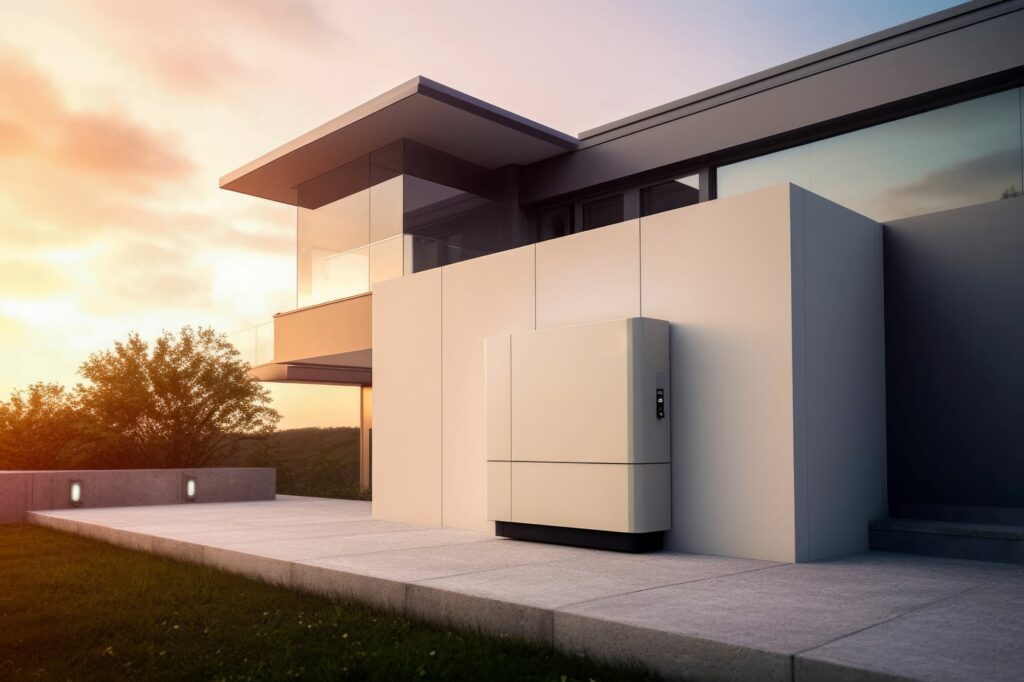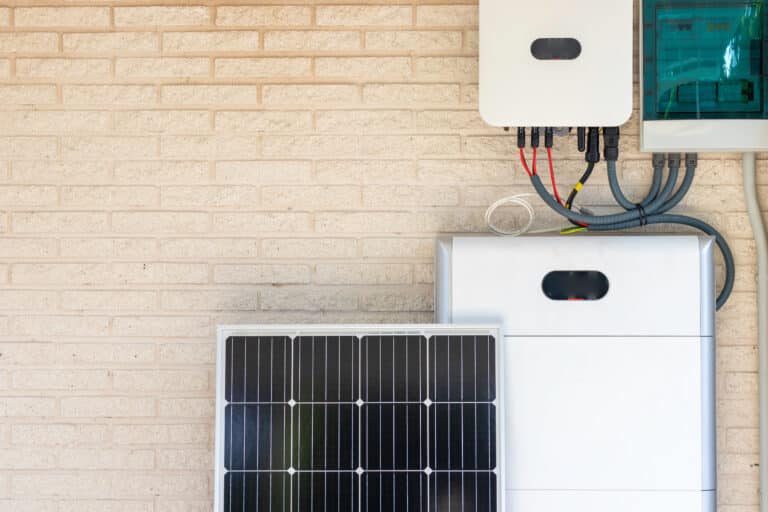Maintaining a generator is crucial for ensuring its reliability and longevity, especially in areas prone to power outages. A well-maintained generator can be a lifeline during emergencies, providing electricity for heating, cooling, refrigeration, and charging essential devices. This guide outlines key maintenance tips to extend the lifespan of your house generator, ensuring it remains optional when you need it most.

Understanding Your Generator
Before driving into maintenance tips, it’s important to understand the type of generator you have. Generators come in various sizes and fuel types, including diesel, gasoline, propane, and natural gas. Each type has its specific maintenance requirements.
A whole house generator, for instance, typically runs on natural gas or propane and is permanently installed, automatically powering your home during an outage. However, there are whole house generator models that are solar-powered. Knowing the specifics of your generator will help tailor maintenance activities to its unique needs.
Regular Maintenance Schedule
- Check and Change the Oil Regularly: One of any generator’s most critical maintenance tasks is checking and changing the oil. Fresh oil lubricates the engine, ensuring smooth operation and preventing overheating. Check the oil level every time you use the generator, and change it according to the manufacturer’s recommendation, typically after 50-100 hours of use.
- Replace Air and Fuel Filters: Air and fuel filters play a vital role in the efficient operation of your generator. Dirty air filters can restrict airflow, reducing efficiency and potentially causing the engine to malfunction. Fuel filters prevent impurities from reaching the engine, where they can cause damage or reduce performance. Check these filters regularly and replace them as needed to ensure optimal performance.
- Inspect Spark Plugs: Spark plugs ignite the fuel in the engine, and over time, they become dirty or worn out, leading to efficiency or failure to start. Inspect spark plugs regularly for signs of wear or damage and replace them as necessary to maintain efficient operation.
Seasonal Maintenance
- Prepare for Winter: Preparing your generator for the colder months is essential if you live in a region with cold winters. Use a cold-weather kit for your model, including a battery warmer and an oil heater, to ensure your generator starts in cold temperatures. Additionally, run your generator periodically during the winter to keep it in good working order.
- Cooling System Check: For generators that run on liquid cooling systems, checking the coolant level before the onset of hot weather is crucial. A properly functioning cooling system prevents the generator from overheating during operation. Consult your manual for the correct type of coolant and fill levels.
Electrical Components and Connections
- Regular Inspection: Inspect all electrical connections for signs of wear, corrosion, or damage. Loose or damaged connections can lead to a failure in starting or operating the generator. Ensure that all connections are tight and in good condition.
- Battery Maintenance: The battery is essential for starting your generator. Check the battery’s charge and clean the terminals regularly to prevent corrosion. Replace the battery every 2-3 years, or as the manufacturer recommends, to ensure reliable starting.
- Exercise Your Generator: Running your generator regularly is one of the best ways to ensure it will be ready when needed. A monthly test run will help keep the engine parts lubricated, prevent oxidation of electrical contacts, and help you identify any issues before they become major problems. Let the generator run for at least 30 minutes to reach its operating temperature and charge the battery.
- Keep It Clean: Keeping your generator clean can prevent any issues. Dust, dirt, and debris can clog vents and cooling fins, leading to overheating. After each use, clean the generator’s exterior and check for any blockage in the air inlet and outlet. Store your generator in a clean, dry place to prevent rust and corrosion.
- Professional Inspection: Even with diligent maintenance, having your generator inspected by a professional annually is wise. They can perform a more thorough inspection, including testing transfer switches, checking the leaks, and ensuring the generator operates safely and efficiently. This professional oversight can help catch problems that might be obscure to the untrained eye.
- Stay Informed and Prepared: Lastly, staying informed about your generator’s operation and maintenance needs is crucial. Keep the manual handy for reference, and be aware of any recalls or updates from the manufacturer. Ensure you have a stock of essential spare parts, such as filters and spark plugs, to avoid downtime during critical moments.
- Fuel System Maintenance: Maintaining the fuel system of your generator is paramount for its efficient operation and longevity, translating to a better saving strategy on your part. Whether your generator runs on gasoline, diesel, propane, or natural gas, ensuring a clean and functional fuel system can prevent many common issues.
- Stabilize Your Fuel: For gasoline or diesel generators, fuel quality can degrade over time, leading to starting problems or reduced efficiency. A fuel stabilizer can prevent fuel degradation, especially if the generator is not used for an extended period. Add the stabilizer according to the manufacturer’s directions and run the generator for a few minutes to distribute the stabilized fuel throughout the system.
- Check for Leaks: Regularly inspect fuel lines and connections for leaks. Even small leaks can lead to performance issues or dangerous situations. Ensure all fittings are tight and replace any damaged lines or components immediately.
- Clean Fuel Injectors: Keeping the injectors clean for generators with fuel injectors is crucial for efficient fuel use and engine performance. Dirty injectors can lead to poor combustion, reduced power, and increased fuel consumption. Consult your manual for recommendations on cleaning or replacing fuel injectors.
Final Thoughts
By following these maintenance tips, you can significantly lengthen the lifespan of your house generator, ensuring it provides reliable service when you need it most. Regular care and attention can prevent unexpected failures, keep your home powered during outages, and give you peace of mind, knowing you’re prepared for any situation.


